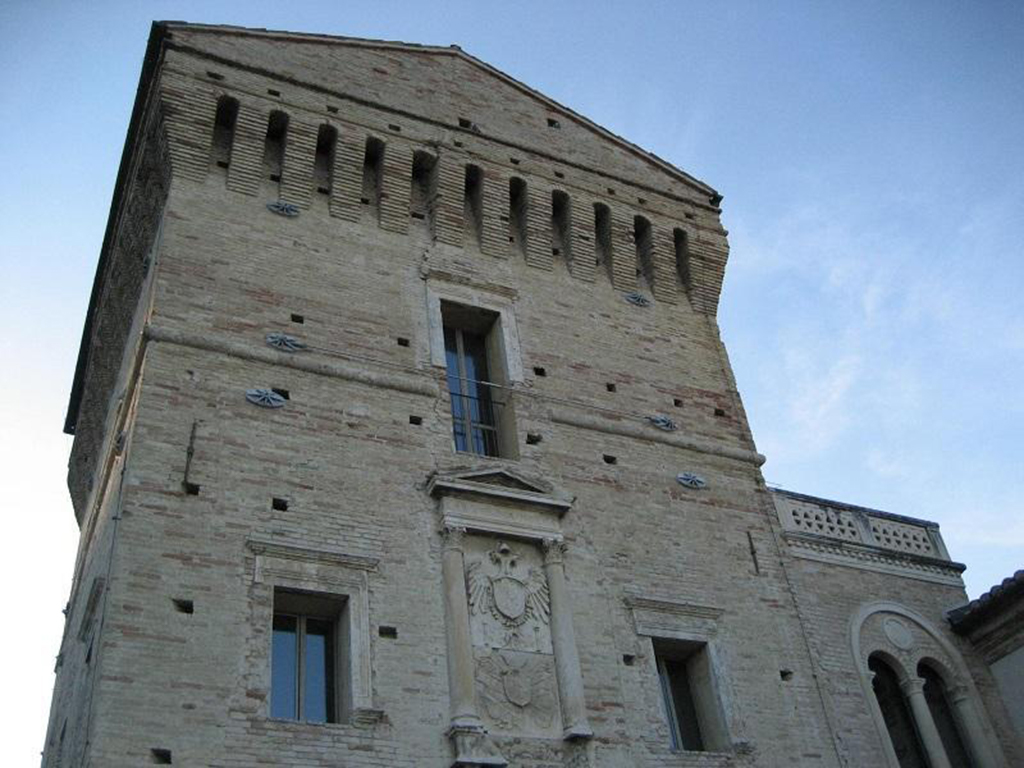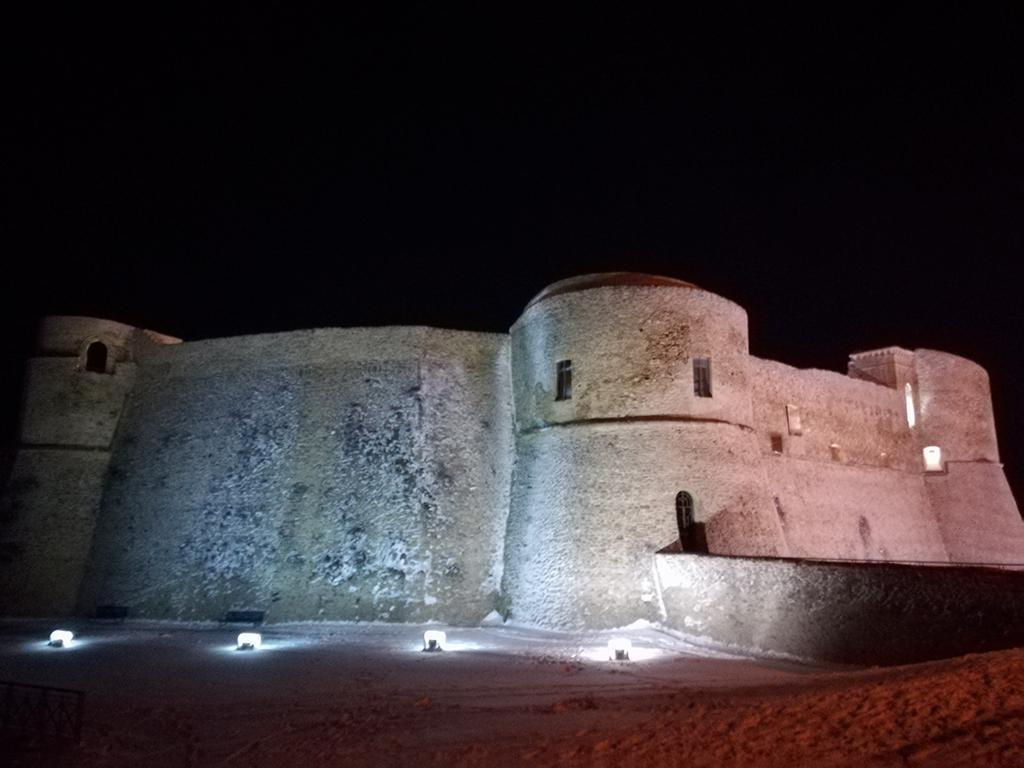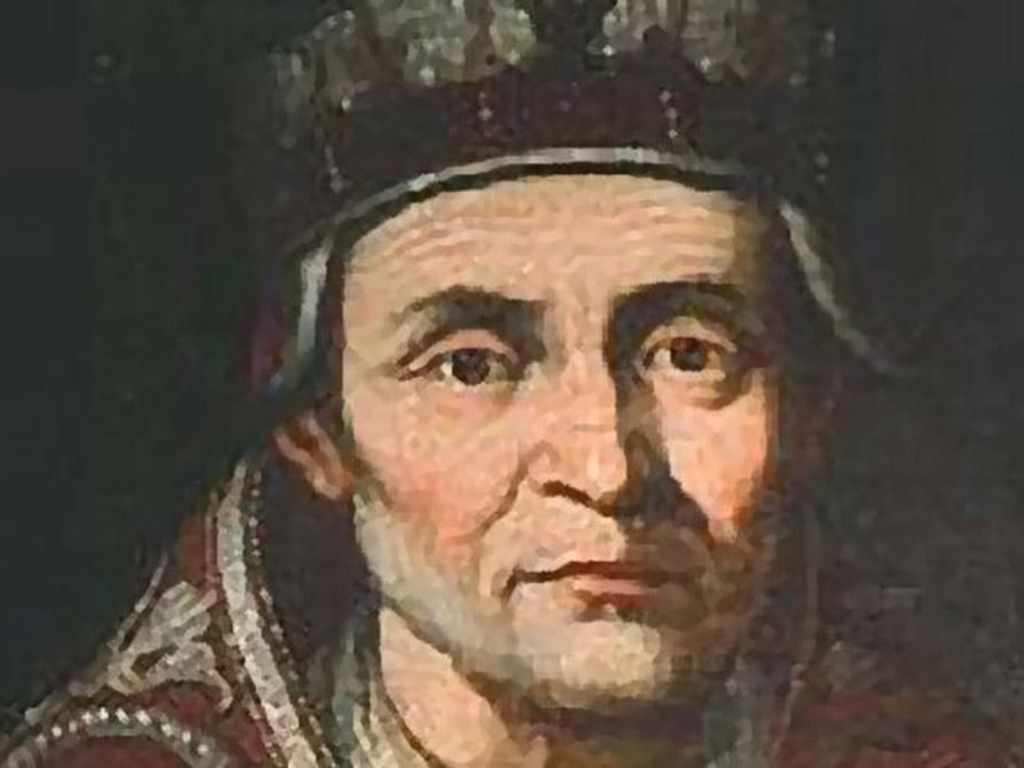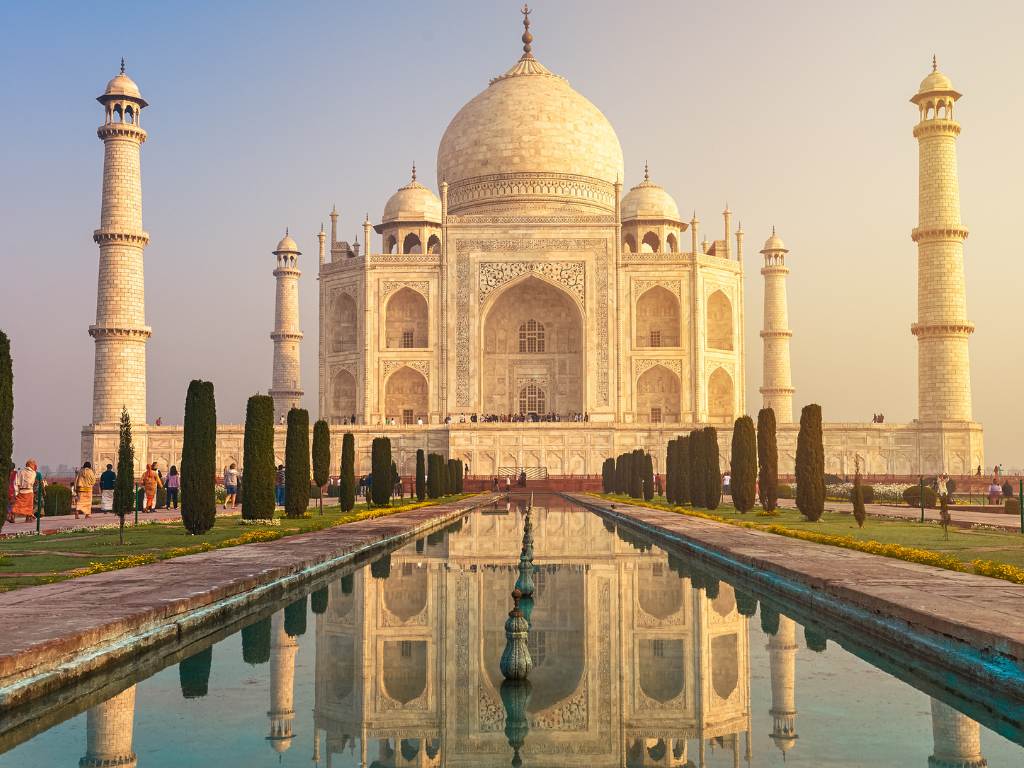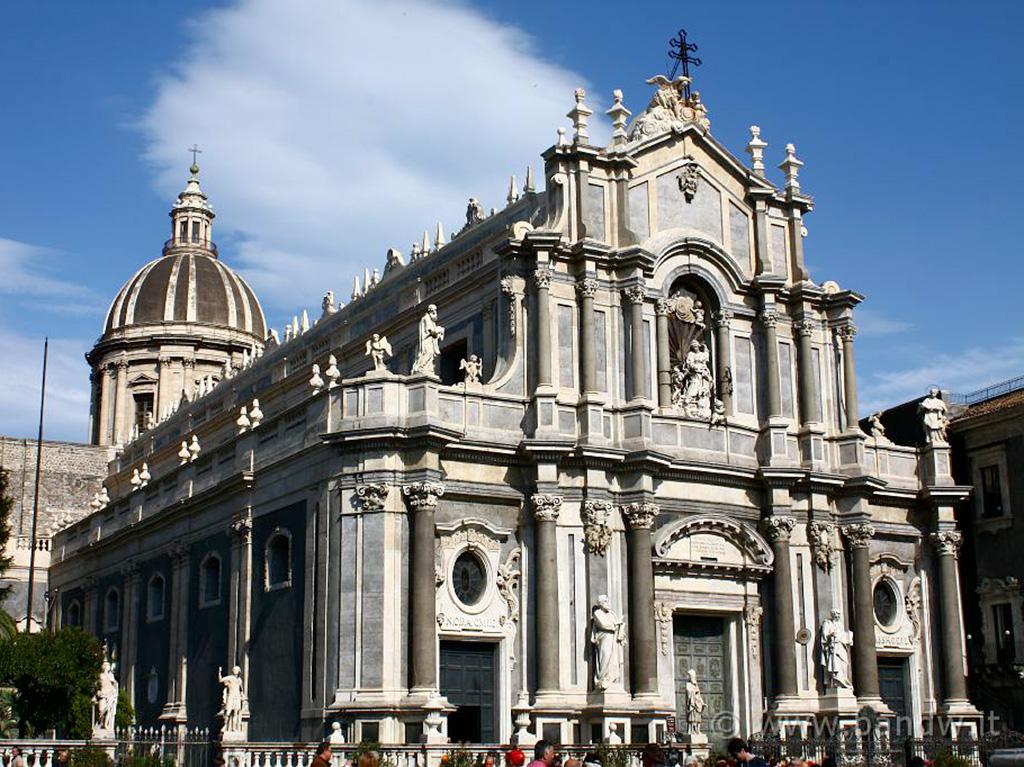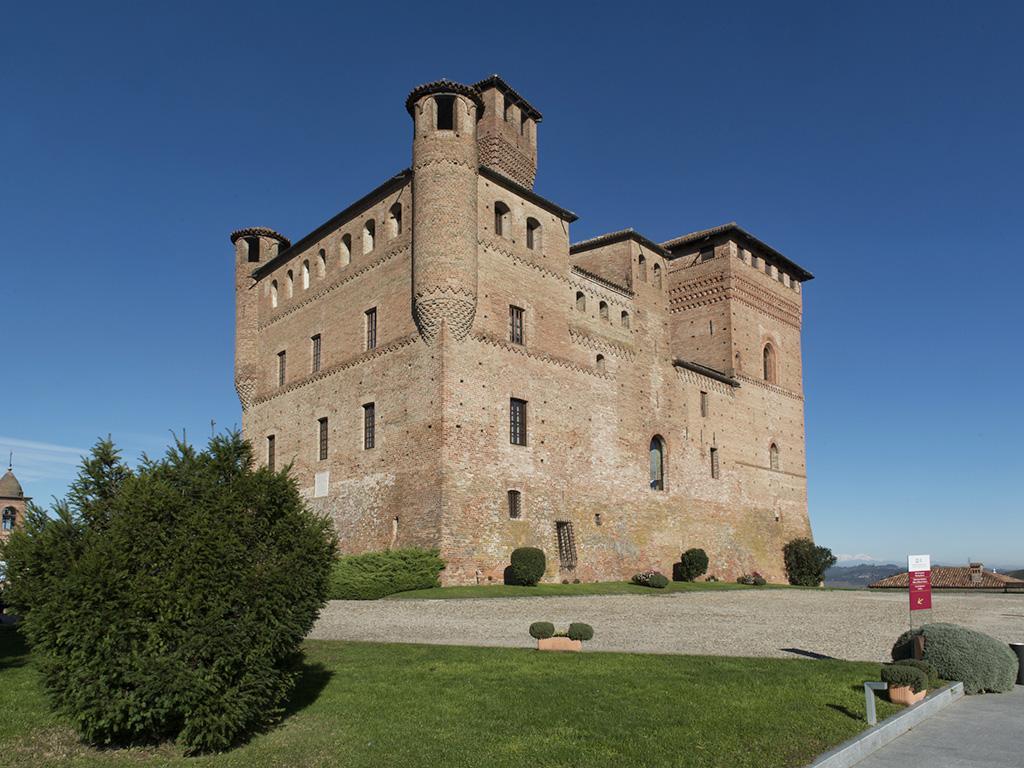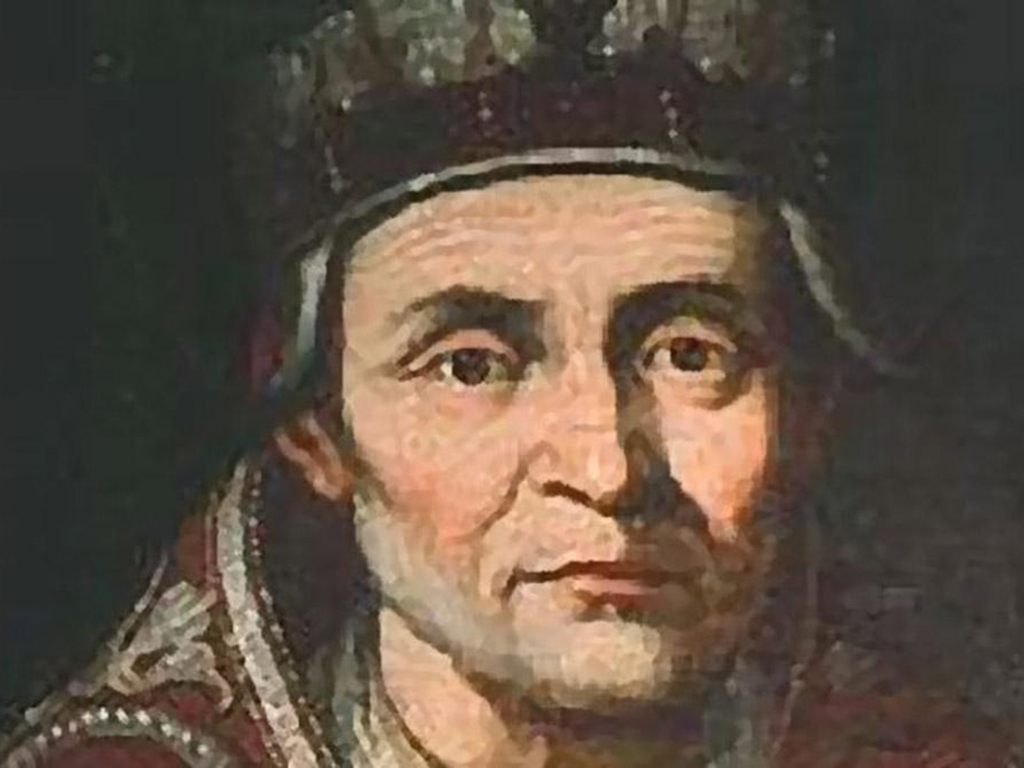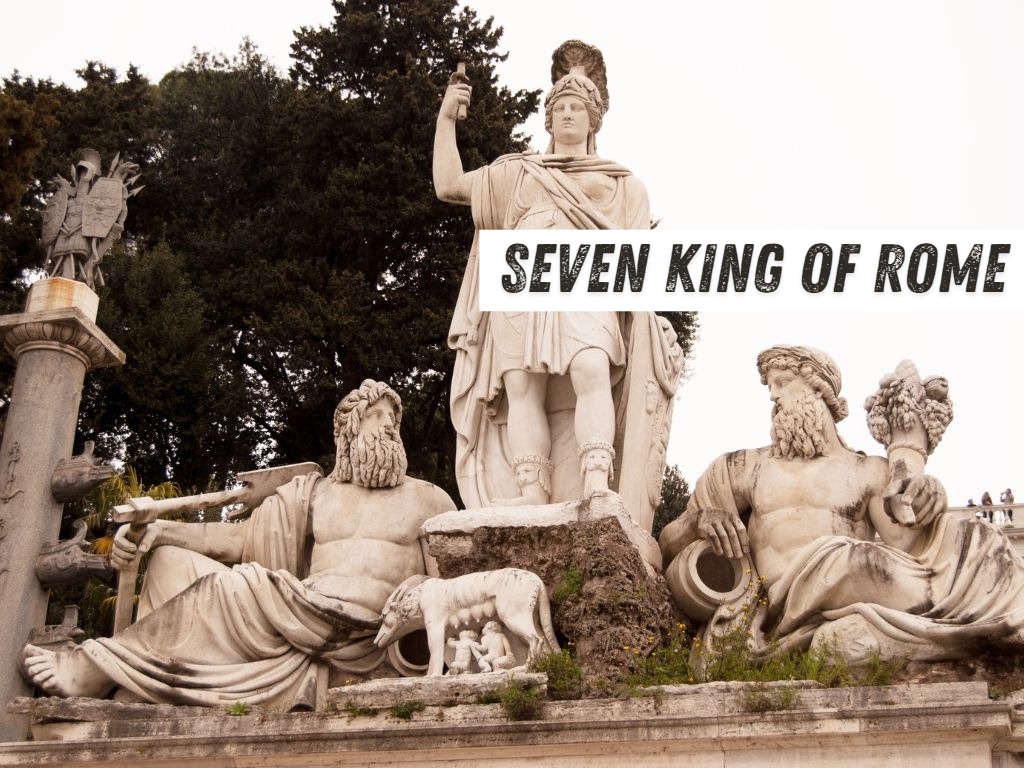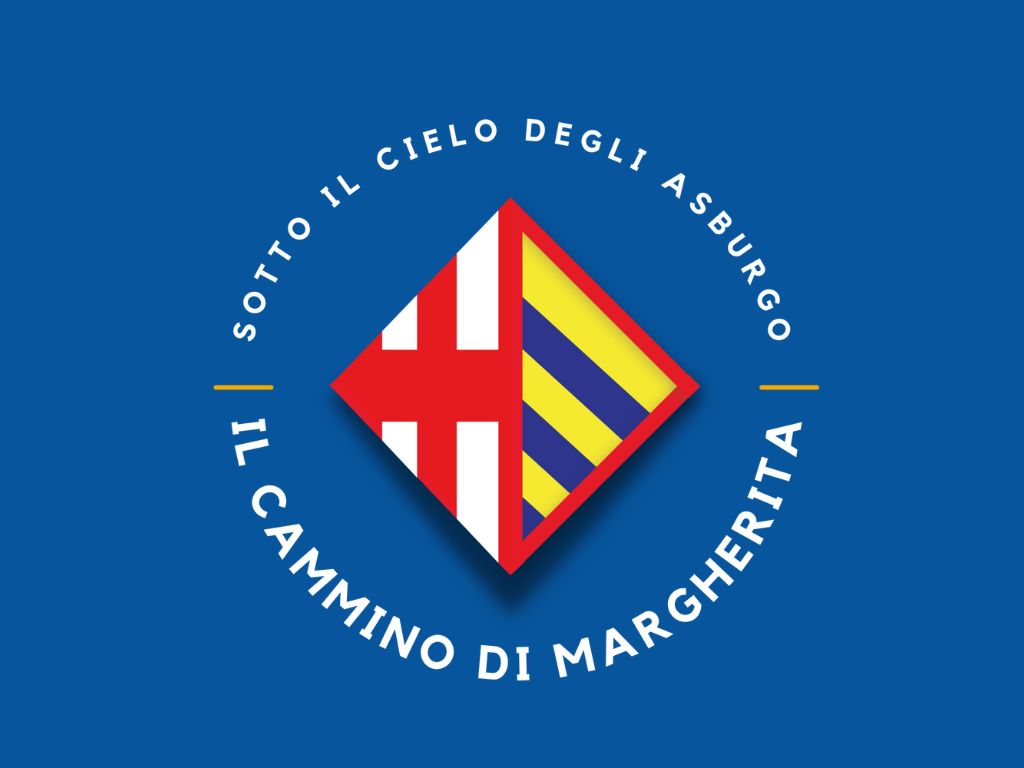The Seven Kings of Rome: founders of a legend
Introduction
Rome, the Eternal City, boasts a millennia-old history rich in myths and legends. At the heart of these narratives are the seven kings of Rome, legendary figures who shaped the city's early history. Their deeds, passed down orally for centuries and later recorded by Roman historians, helped to forge Rome's national identity and solidify the myth of Rome as a city destined to rule the world.
The Seven Kings: Who Were They and What Did They Do?
- Romolo: The legendary founder of Rome, raised, according to legend, by a she-wolf. He is credited with dividing the city into curiae and creating the first Roman institutions.
- Numa Pompilio: Romulus' successor, he was a wise and religious king who introduced Roman cults and religious practices, laying the foundation for Roman religion.
- Tullo Ostilio: A warrior and conqueror, he expanded Rome's territory through numerous military campaigns.
- Anco Marzio: Continuing Tullus Hostilius' work, he founded the port city of Ostia.
- Tarquinio Prisco: Of Etruscan origin, he introduced Rome to the first forms of monumental architecture, leaving an indelible mark on the urban landscape.
- Servio Tullio: Another king of Etruscan origin, known for reforming the army and introducing a new census-based division of the population, laying the groundwork for the future Republic.
- Tarquinio il Superbo: The last king of Rome, known for his cruelty and arrogance. His expulsion from power marked the end of the monarchy and the beginning of the Roman Republic.
Myth and History
The stories of the seven kings of Rome are largely legendary, based on oral traditions passed down for centuries. However, these myths play a crucial role in solidifying Rome's national identity and providing a glorious origin for the city.
Why Study the Seven Kings of Rome?
- Understanding the origins of Rome: The myths of the seven kings help us understand how the Romans themselves conceived the origins of their city.
- Foundations of Roman identity: The legends of the Roman kings shaped the values and virtues that the Romans considered fundamental to their civilization.
- Influence on Western culture: The stories of the seven kings of Rome have inspired poets, writers, and artists for centuries, leaving an indelible mark on Western culture.
Historical Sources and Challenges
The primary sources for the history of the Seven Kings are Roman historical works written long after the monarchy had ended and the Republic established. Key sources include:
- Livy: A Roman historian whose work, "Ab Urbe Condita" (From the Founding of the City), offers a detailed account of Rome's history.
- Dionysius of Halicarnassus: A Greek historian who wrote a history of Rome in Greek.
These sources, while valuable, are often influenced by political and ideological biases and may contain exaggerations or mythical elements.
Conclusions
While the stories of the Seven Kings of Rome are largely legendary, they provide valuable insights into the Roman mind and the development of Roman identity. These mythical figures continue to fascinate scholars and the public alike, offering a connection to the ancient roots of Western civilization.
Would you like to delve deeper into a specific aspect of the Seven Kings of Rome? For example, we could explore the transition from monarchy to republic, the influence of Etruscan culture, or the role of mythology in shaping Roman identity.







